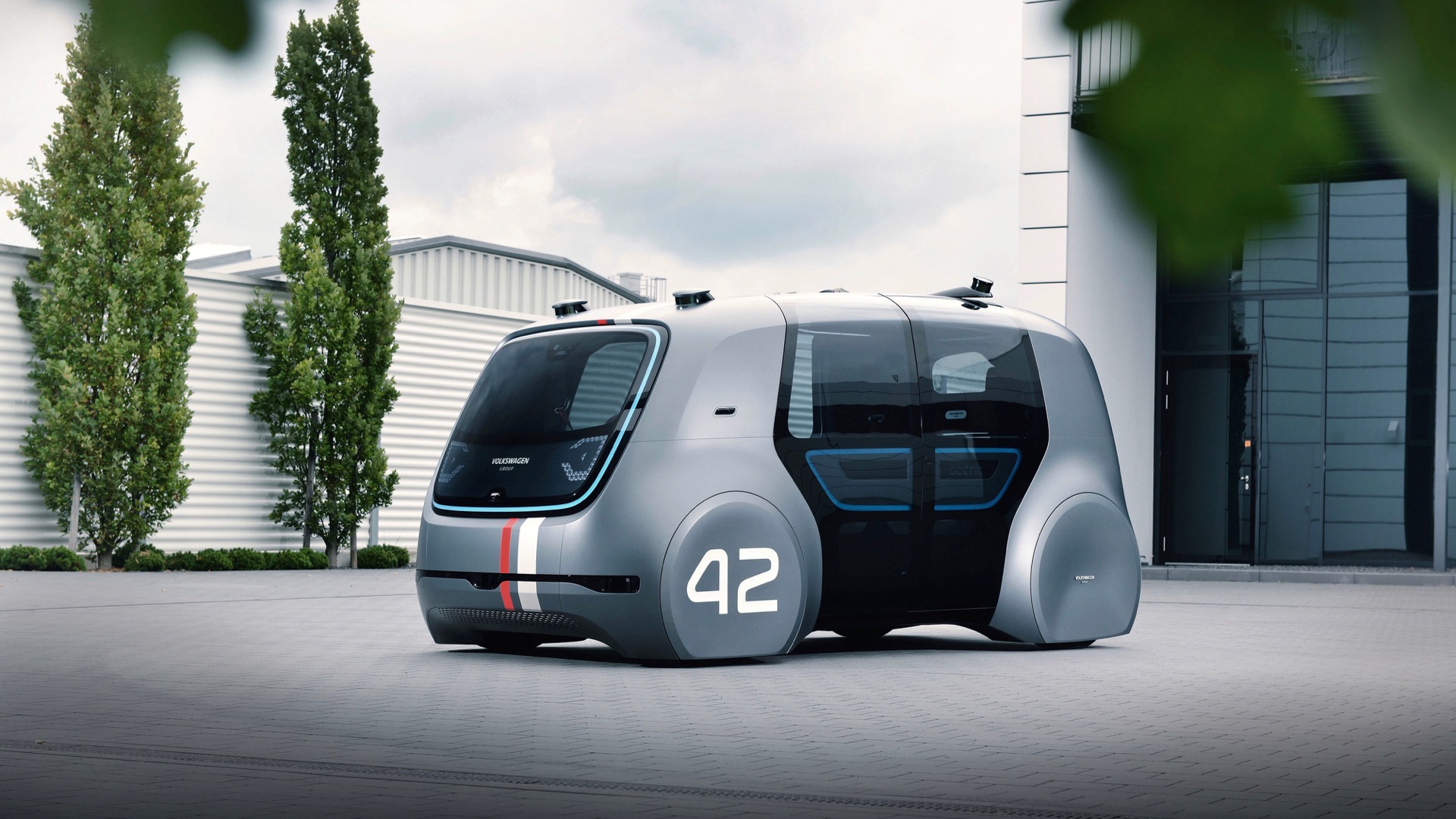

With their array of onboard sensors, potential future self-driving cars will generate massive amounts of data. Volkswagen Group of America is teaming up with suppliers Bosch, Continental, Nvidia, and Aquantia to form the Networking for Autonomous Vehicles (NAV) Alliance to create networks that will manage all of that data. It’s the latest in a series of corporate partnerships related to autonomous vehicles.
The NAV Alliance will develop networking technology for future self-driving tech in cars “akin to a very advanced nervous system,” a VW statement said. The partners will work to develop a high-speed, multi-gigabit ethernet network that can transmit data between a self-driving car’s various cameras, lidar and radar sensors, and onboard computers as quickly as possible. So far, the alliance appears focused on in-vehicle networks, rather than tech that allows cars to communicate with the outside world.
The alliance partners hope to develop standards for autonomous-car networking technology, and promote those standards to other companies. The founding members hope to expand NAV Alliance membership “in the coming months,” adding more automakers and suppliers to the roster, according to VW.
While many companies have teamed up to develop autonomous-driving systems, the NAV Alliance if the first to focus specifically on networking. But ensuring that the self-driving systems’ sensors and computers can easily talk to one another is crucial to developing workable autonomous vehicles. Standardizing the hardware could also make it easier to implement the technology on a large scale.
Volkswagen is currently working with U.S. startup Aurora Innovation to develop self-driving tech for production cars. Those cars may take the form of small vans designed for ride-hailing services. The automaker has already hinted that the Sedric autonomous pod concept will enter production, and is reportedly in talks with Chinese ride-hailing firm Didi Chuxing to develop vehicles specifically for the company’s services.